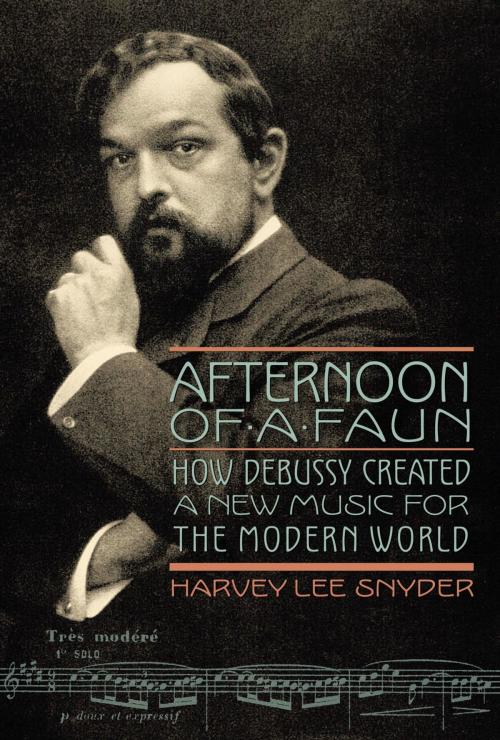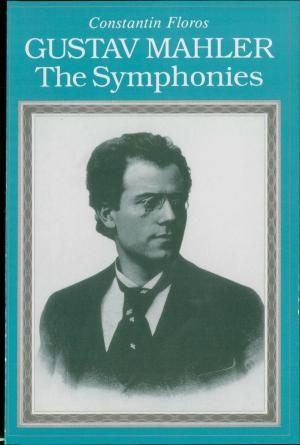Afternoon of a Faun
How Debussy Created a New Music for the Modern World
Nonfiction, Entertainment, Music, Music Styles, Classical & Opera, Classical, Biography & Memoir, Composers & Musicians| Author: | Harvey Lee Snyder | ISBN: | 9781574674835 |
| Publisher: | Amadeus | Publication: | September 1, 2015 |
| Imprint: | Amadeus | Language: | English |
| Author: | Harvey Lee Snyder |
| ISBN: | 9781574674835 |
| Publisher: | Amadeus |
| Publication: | September 1, 2015 |
| Imprint: | Amadeus |
| Language: | English |
Claude Debussy was the father of the modern era in classical music. His innovations liberated Stravinsky, Schoenberg, and Bartók to write their iconoclastic works, and his harmonic inventions are still heard in American jazz. Though he was among the most compelling figures of the Belle Époque, his life is little known to all but scholars; and of his considerable musical output, only Prelude to the Afternoon of a Faun, La mer, and Clair de lune are widely known.
Harvey Lee Snyder addresses this cultural neglect by presenting the composer and his music, without jargon or biographical trivia, in a richly detailed, accurate narrative that reads like a novel. Here is the story of a poor, unschooled Parisian boy swept by odd coincidences to the Paris Conservatory at age ten. Here is a brilliant man struggling to invent a tonal language capable of expressing his unique musical vision, finding inspiration not in Bach and Beethoven but in Mallarmé's poetry and the paintings of Whistler and Turner; a man determined to end two centuries of Germanic domination of European music. Here is a reclusive, gentle man whose misguided love affairs ended in scandal and scorn. His hard work failed to end decades of poverty and debt, but when he died in 1918, he was and has remained the foremost French composer of the twentieth century.
Claude Debussy was the father of the modern era in classical music. His innovations liberated Stravinsky, Schoenberg, and Bartók to write their iconoclastic works, and his harmonic inventions are still heard in American jazz. Though he was among the most compelling figures of the Belle Époque, his life is little known to all but scholars; and of his considerable musical output, only Prelude to the Afternoon of a Faun, La mer, and Clair de lune are widely known.
Harvey Lee Snyder addresses this cultural neglect by presenting the composer and his music, without jargon or biographical trivia, in a richly detailed, accurate narrative that reads like a novel. Here is the story of a poor, unschooled Parisian boy swept by odd coincidences to the Paris Conservatory at age ten. Here is a brilliant man struggling to invent a tonal language capable of expressing his unique musical vision, finding inspiration not in Bach and Beethoven but in Mallarmé's poetry and the paintings of Whistler and Turner; a man determined to end two centuries of Germanic domination of European music. Here is a reclusive, gentle man whose misguided love affairs ended in scandal and scorn. His hard work failed to end decades of poverty and debt, but when he died in 1918, he was and has remained the foremost French composer of the twentieth century.















